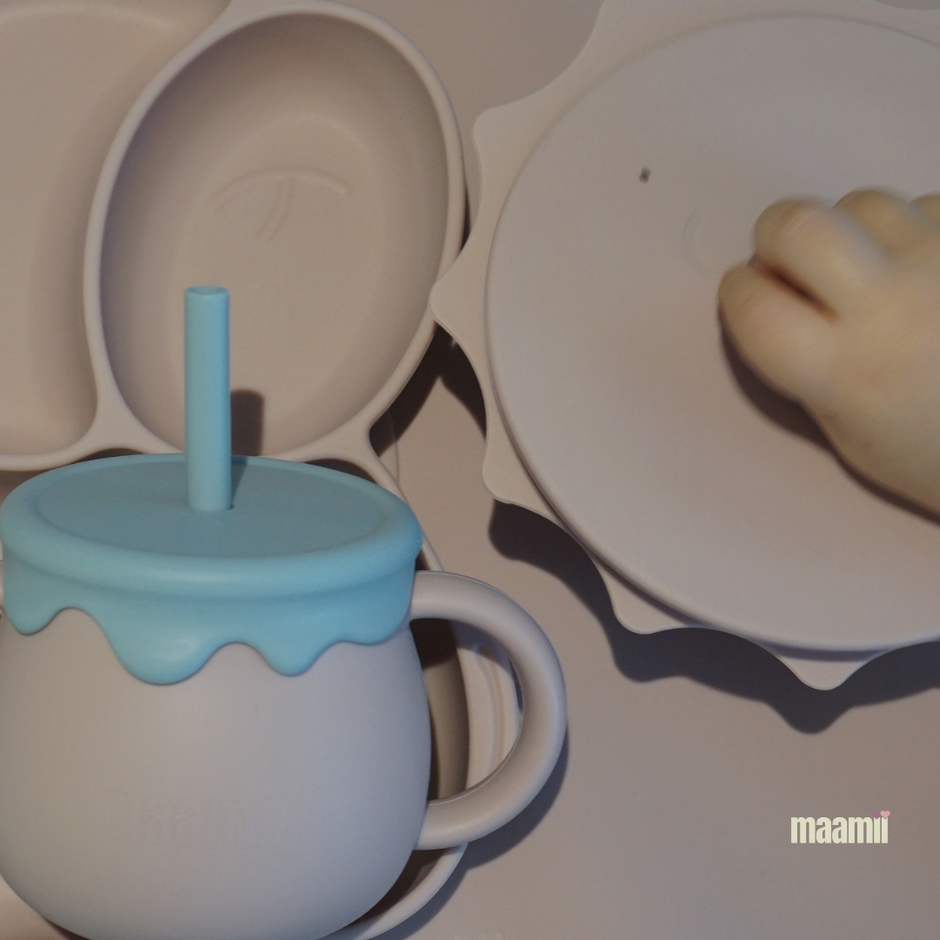“Mom, why are you always tired?” – a question many of us have already heard from our children. Sleep is a constant issue in a mother’s everyday life: we allow ourselves too little of it, get too little of it, and when we do, it’s often poor quality. But what does science say? Do women really need more sleep than men – or is that just a myth?
Women biologically need more sleep
Studies show: on average, women need 20–30 minutes more sleep per night than men. The reasons are hormonal fluctuations (cycle, pregnancy, breastfeeding, menopause) and the special role of the brain during deep sleep: it works harder on regeneration, memory processing, and hormone regulation.
If this half-hour is regularly missing, memory, mood, and metabolism can be significantly impaired.
Reality: Women often sleep less
Biology says “more sleep,” but everyday life turns it into: less sleep.
-
Children waking up at night.
-
Invisible “mental load” (to-do lists, planning, worries).
-
Partnerships where night shifts aren’t equally shared.
And then there’s the image of the “super mom” who still functions on 5 hours of sleep. Short term, women can indeed be remarkably resilient – but long term, the price is high: exhaustion, irritability, and health issues.
Hormones as sleep saboteurs
-
Estrogen and progesterone fluctuations can cause trouble falling and staying asleep.
-
Stress hormone cortisol blocks melatonin and keeps us awake at night.
-
Sleep disorders such as restless leg syndrome, thyroid problems, or iron deficiency affect women more often.
The truth no one wants to hear – but every mom should know
Yes, the laundry is waiting. Yes, the dishes are piling up. But: when your child sleeps, that’s your chance to lie down too. Even a 20-minute power nap can work wonders. Sleep isn’t a luxury – it’s a survival strategy.
Tips for better sleep in everyday mom life
-
Power nap instead of chores: use nap times for yourself.
-
Sleep routine: go to bed at regular times, even on weekends.
-
Screen break: no phone 30 minutes before bedtime.
-
Optimize your sleep environment: dark, quiet, cool.
-
Check nutrients: iron, magnesium, and thyroid.
-
Ask for support: share night shifts and responsibilities.
Conclusion
Biologically, women need more sleep – but in reality, they often get less. That’s why it’s so important to create small islands of rest: short naps, mindful evening routines, and the permission to let the household wait. Because a well-rested mom is worth more than a perfect home.







